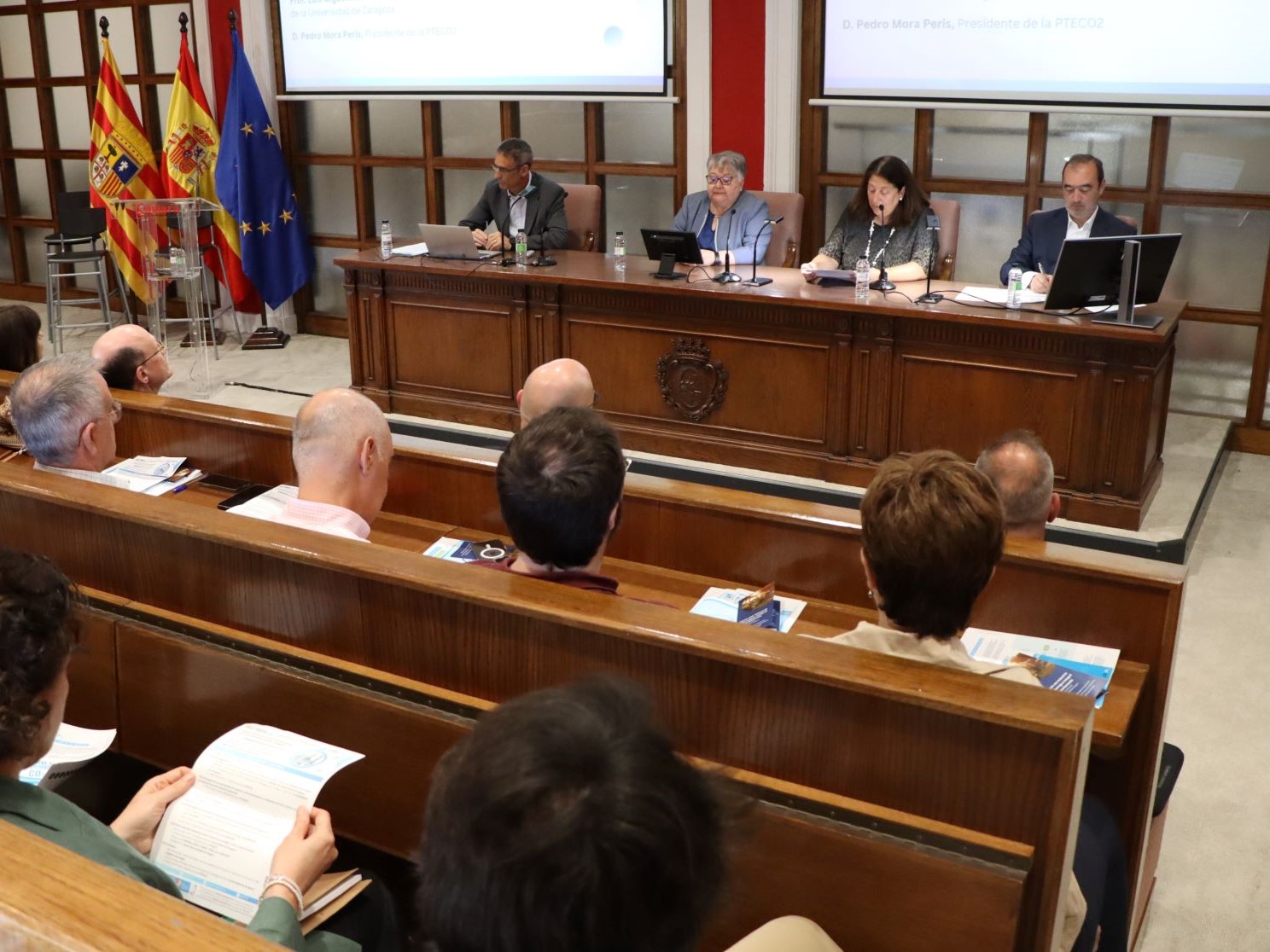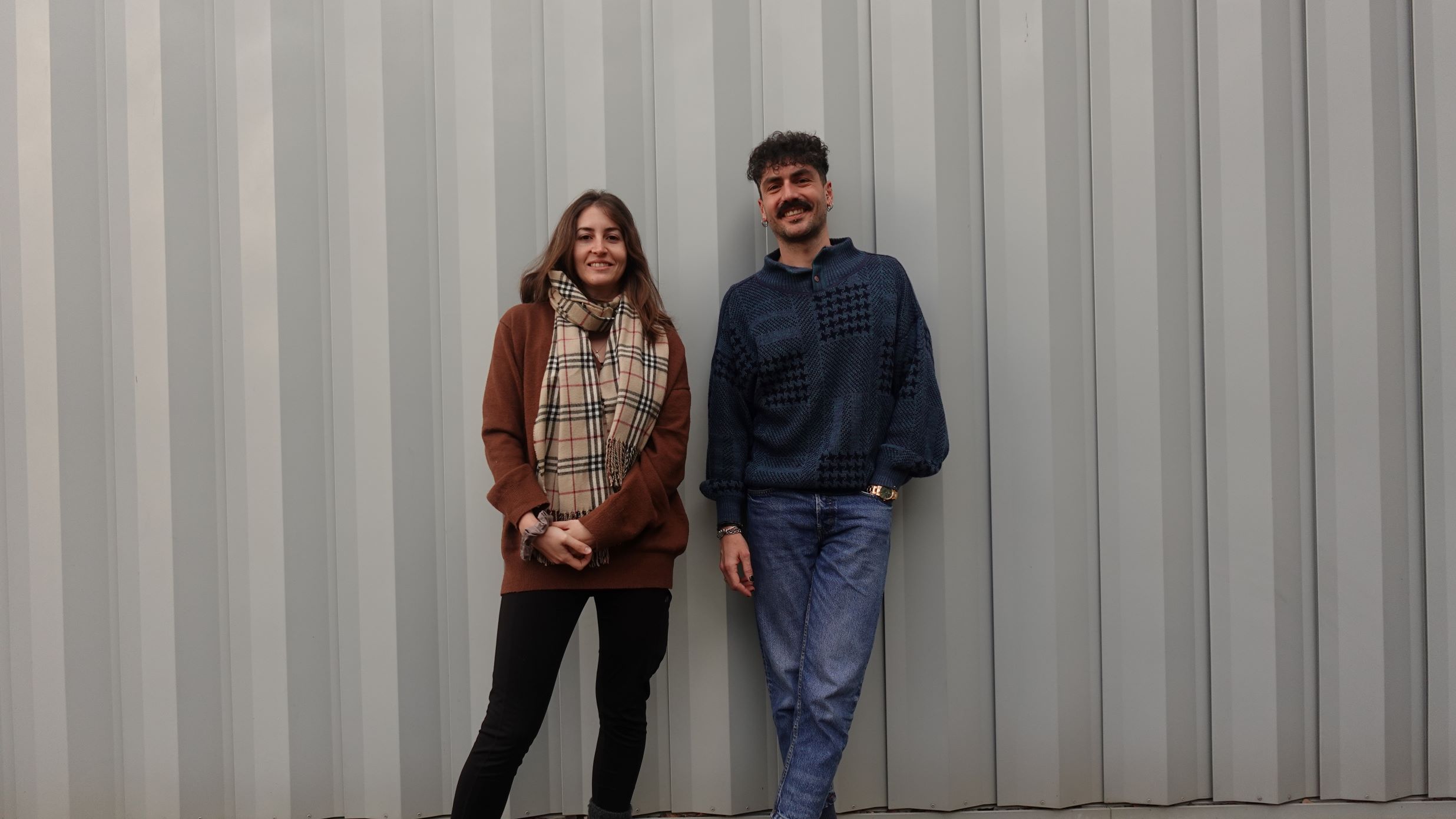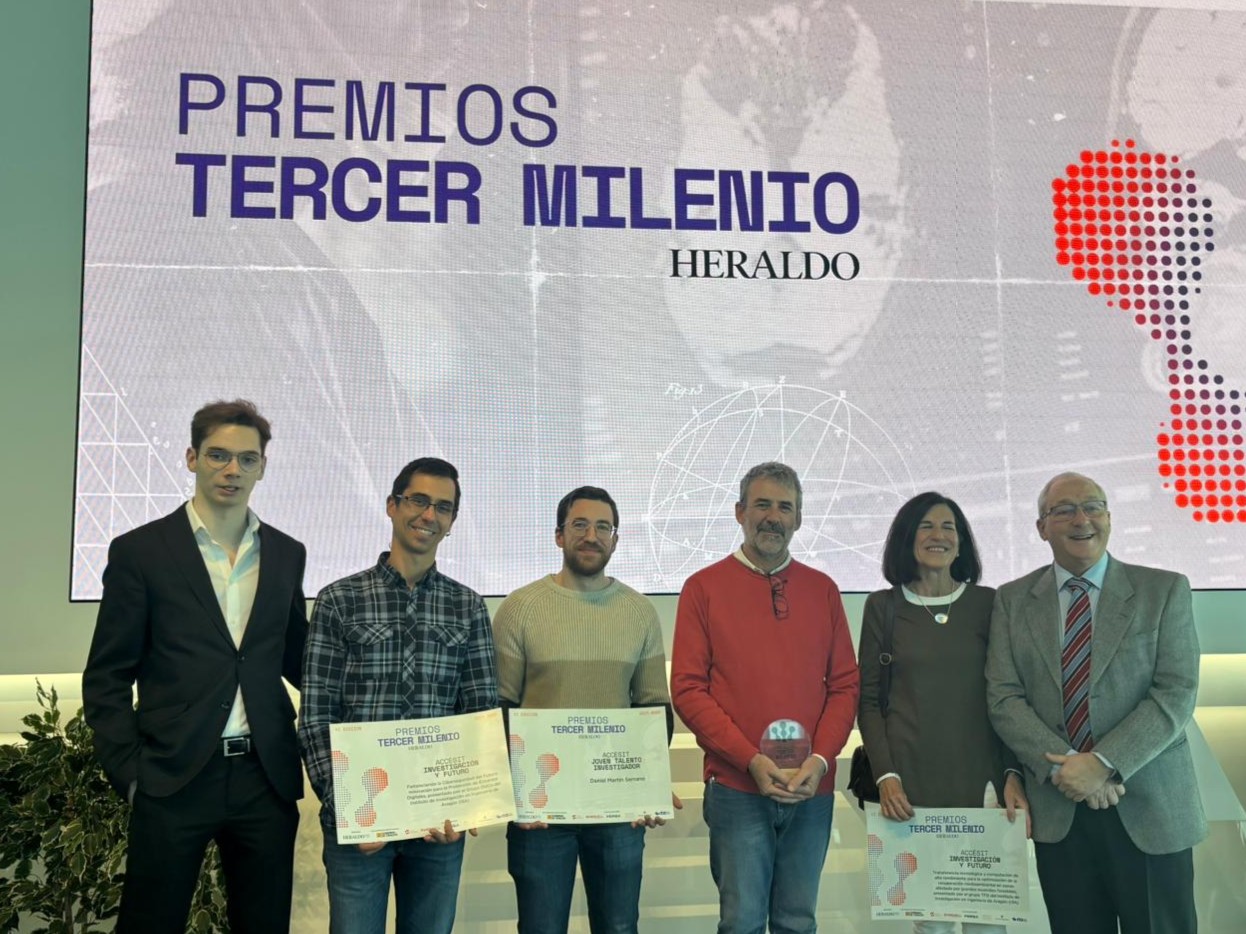
Companies, researchers and experts met today in Zaragoza to advance the transition towards a more sustainable industry. In the context of the industrial decarbonisation process, renewable energies have so far played an essential role in the reduction of CO₂ emissions, both in energy generation and industrial production. Their implementation has enabled significant progress towards a more sustainable model.
Aragon has industrial sectors and companies with the capacity to implement technologies for the capture, storage and use of CO₂ (CAUC). The existing industrial infrastructure, together with the growing commitment to sustainability, make the region a territory with real potential for the development of this type of solutions.
However, in those sectors whose activity involves high-temperature thermal processes that are difficult to electrify, new challenges arise. CAUC technologies are emerging as a technological solution with great potential for the future. These tools could play a strategic role in the decarbonisation of emission-intensive industries, thus complementing the path initiated by renewable energies.
To give visibility to the progress being made by Aragonese companies and the efforts they are making to reduce their carbon footprint, the Engineering Research Institute of Aragon (I3A) of the University of Zaragoza and the Spanish CO2 Technology Platform (PTECO2), held today at the Zaragoza Chamber of Commerce a technical conference focused on the ‘Decarbonisation of industry, an opportunity for Aragon. The role of CAUC technologies’.
This meeting brought together almost a hundred people. Leading experts and representatives of the sector will address key issues such as CO2 capture, storage and utilisation technologies (CAUC) and specific strategies for sectors such as chemicals, plastics, paper, cement and lime. Representatives from companies such as ERCROS, SAICA, CEMEX, KALFRISA, the Spanish National Association of Lime and Lime Derivatives Manufacturers and the Aragon Energy Cluster will participate.
The inauguration was attended by the Director General of Energy and Mines of the Government of Aragon, María Yolanda Vallés Cases, and the second vice-president of the Zaragoza Chamber of Commerce, María López Palacín. In addition, the director of the ‘Energy and CO2’ research group of the I3A, Luis Miguel Romeo, and the president of PTECO2, Pedro Mora Peris, also took part.
‘This conference represents an important step for Aragon to reinforce its leadership in innovation and industrial sustainability, promoting a cleaner and more competitive future for the region,’ said Luis Miguel Romeo.
Europe is a pioneer in the implementation of public policies aimed at decarbonisation and the reduction of CO₂ emissions. In this context, ‘the effective transposition of European regulations at national level is essential to facilitate and accelerate the energy transition’, said the I3A researcher.
In addition, the conference stressed that it is essential to simplify and reduce bureaucratic procedures, allowing innovative projects to move forward more quickly. It has also been highlighted the ‘need for specific incentives that allow Spain to actively participate in CO₂ capture and storage projects, thus avoiding being left behind in the development and application of these key technologies, where other European countries are already ahead’, said the president of PTECO2, Pedro Mora Peris.
‘It is essential that each company analyses the feasibility of these solutions within its own production process, as the decarbonisation strategy may vary depending on the sector and specific characteristics,’ said Romeo. While some companies may focus on electrification or the use of hydrogen, others may find that CO₂ capture and storage are key alternatives to reduce their environmental footprint.
The closing ceremony was attended by the Director General of Industrial Promotion and Innovation of the Government of Aragon, Mª del Mar Paños de Arriba.
Photos: Arturo Gascón (Cámara Zaragoza)




